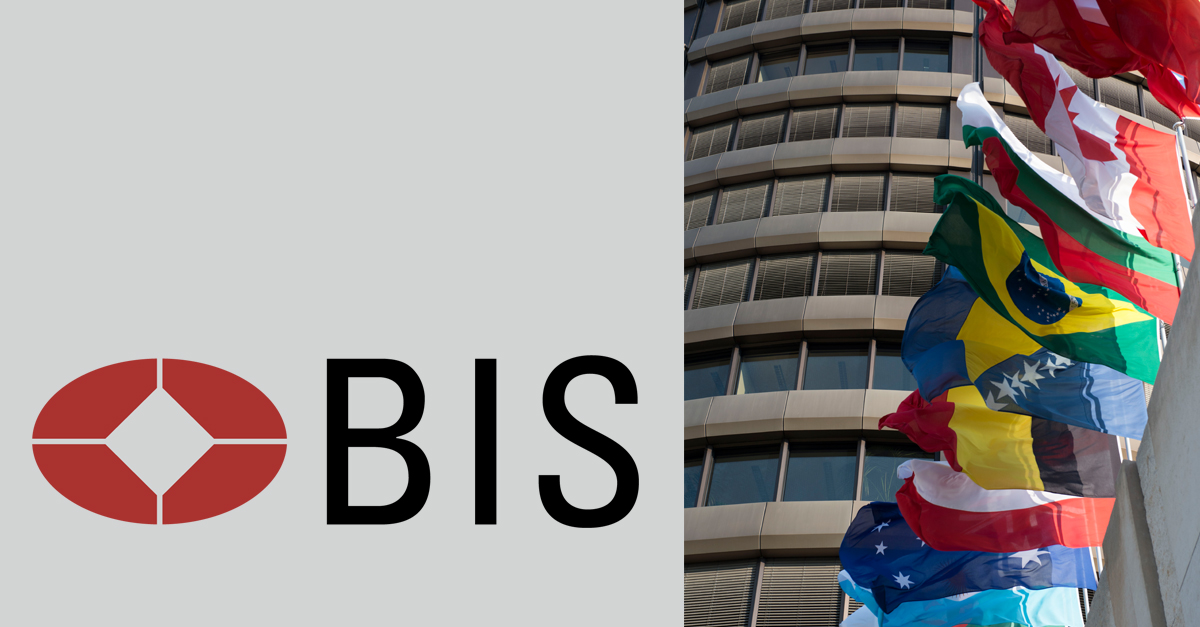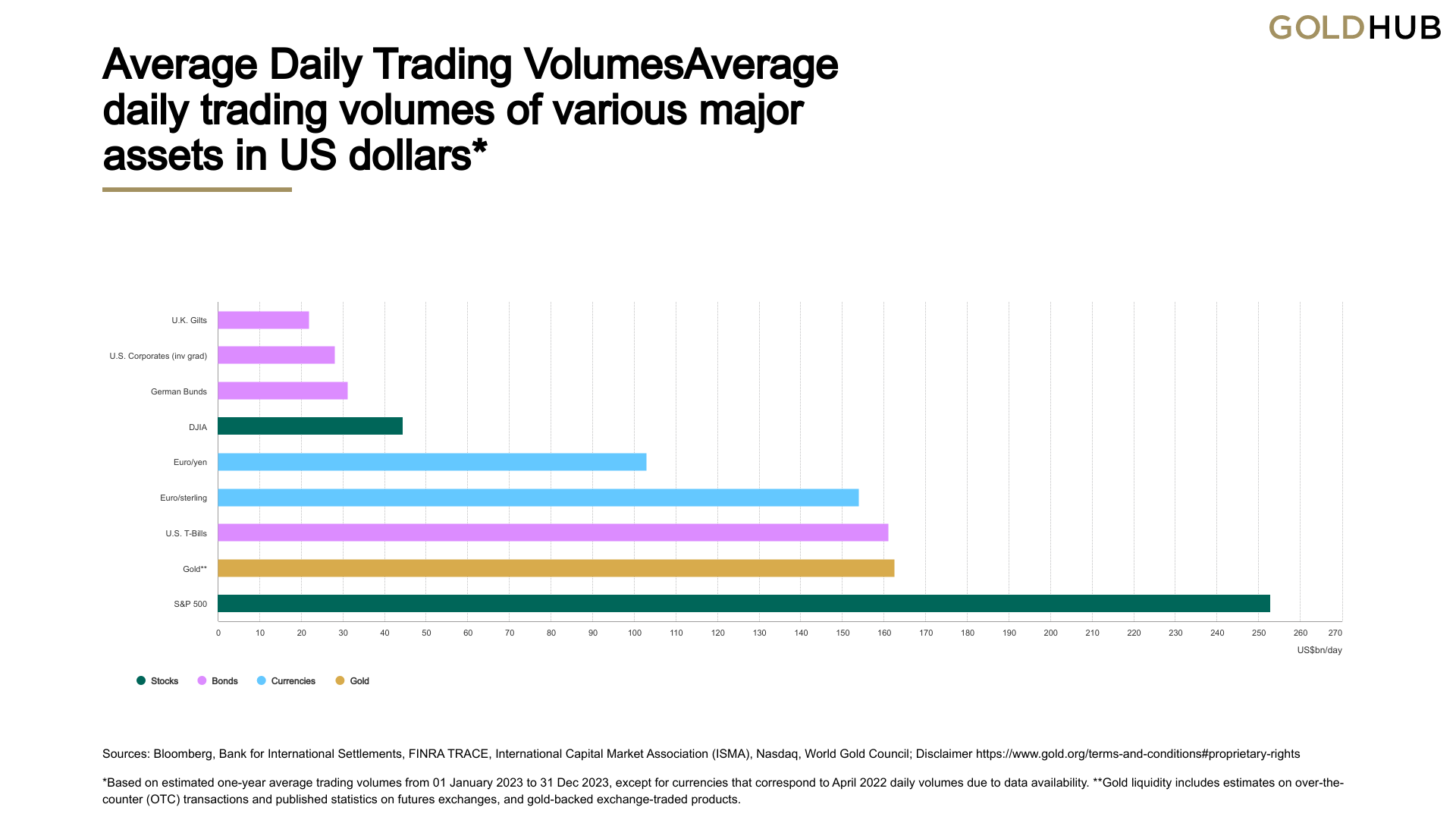http://goldchat.blogspot.com/2012/06/bis-says-gold-is-currency-not-commodity.html
From the Bank for International Settlements International Convergence of Capital Measurement and Capital Standards:
Page 179
“Gold is to be dealt with as a foreign exchange position rather than a commodity because its volatility is more in line with foreign currencies and banks manage it in a similar manner to foreign currencies.”
Page 182
“718(xLiii). This section establishes a minimum capital standard to cover the risk of holding or taking positions in commodities, including precious metals, but excluding gold (which is treated as a foreign currency according to the methodology set out in paragraphs 718(xxx) to 718(xLii) above). ... The price risk in commodities is often more complex and volatile than that associated with currencies [ie gold] and interest rates. Commodity markets may also be less liquid than those for interest rates and currencies and, as a result, changes in supply and demand can have a more dramatic effect on price and volatility.”
Who's to argue with the eggheads at the BIS? Well, a lot of financial market people who hate gold always call it a commodity, which hides its special nature.
Any commodity with around 60 years of above ground inventory would have a price close to zero. The fact that gold has a price tells you it is not a commodity.
From the Bank for International Settlements International Convergence of Capital Measurement and Capital Standards:
Page 179
“Gold is to be dealt with as a foreign exchange position rather than a commodity because its volatility is more in line with foreign currencies and banks manage it in a similar manner to foreign currencies.”
Page 182
“718(xLiii). This section establishes a minimum capital standard to cover the risk of holding or taking positions in commodities, including precious metals, but excluding gold (which is treated as a foreign currency according to the methodology set out in paragraphs 718(xxx) to 718(xLii) above). ... The price risk in commodities is often more complex and volatile than that associated with currencies [ie gold] and interest rates. Commodity markets may also be less liquid than those for interest rates and currencies and, as a result, changes in supply and demand can have a more dramatic effect on price and volatility.”
Who's to argue with the eggheads at the BIS? Well, a lot of financial market people who hate gold always call it a commodity, which hides its special nature.
Any commodity with around 60 years of above ground inventory would have a price close to zero. The fact that gold has a price tells you it is not a commodity.


